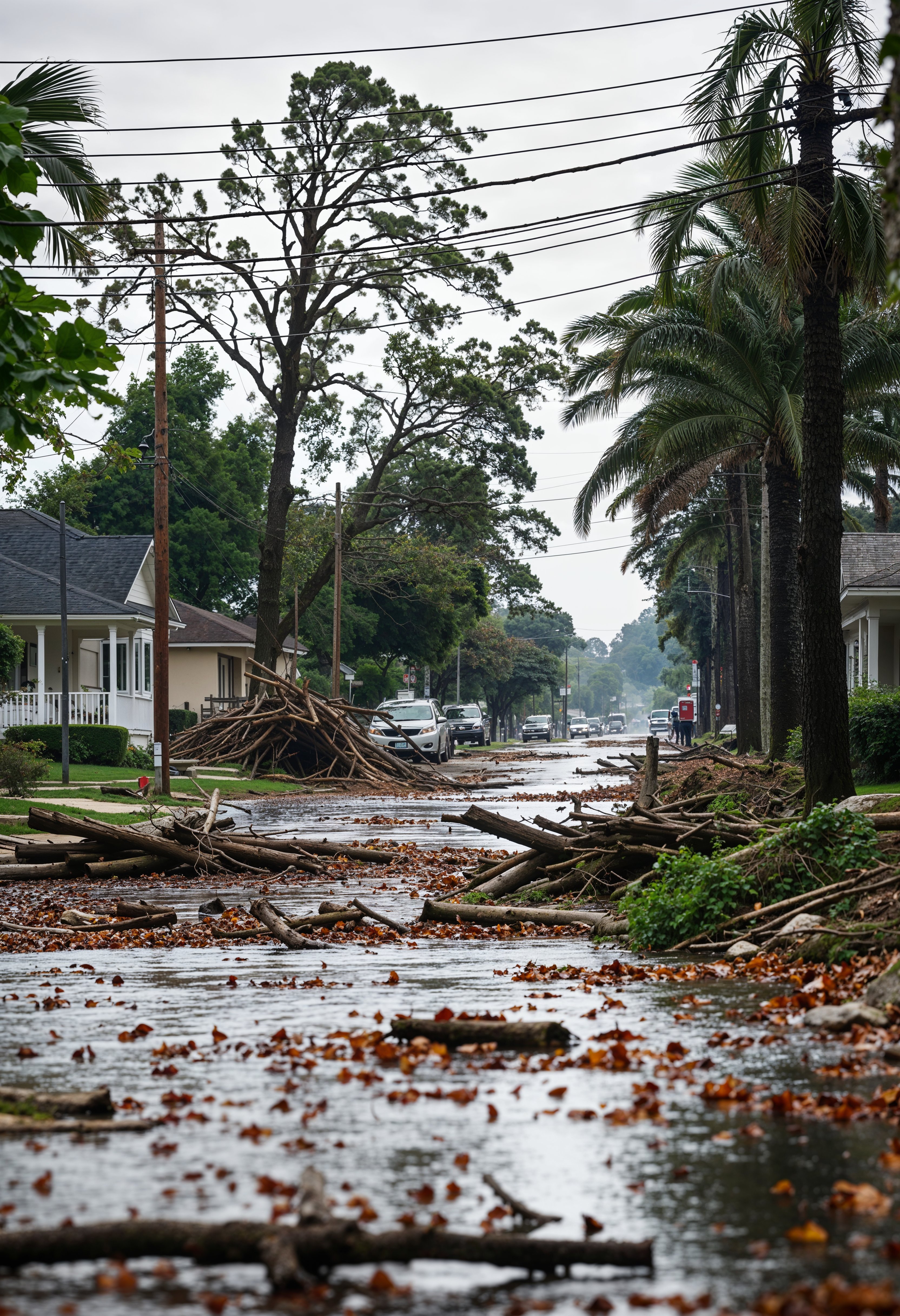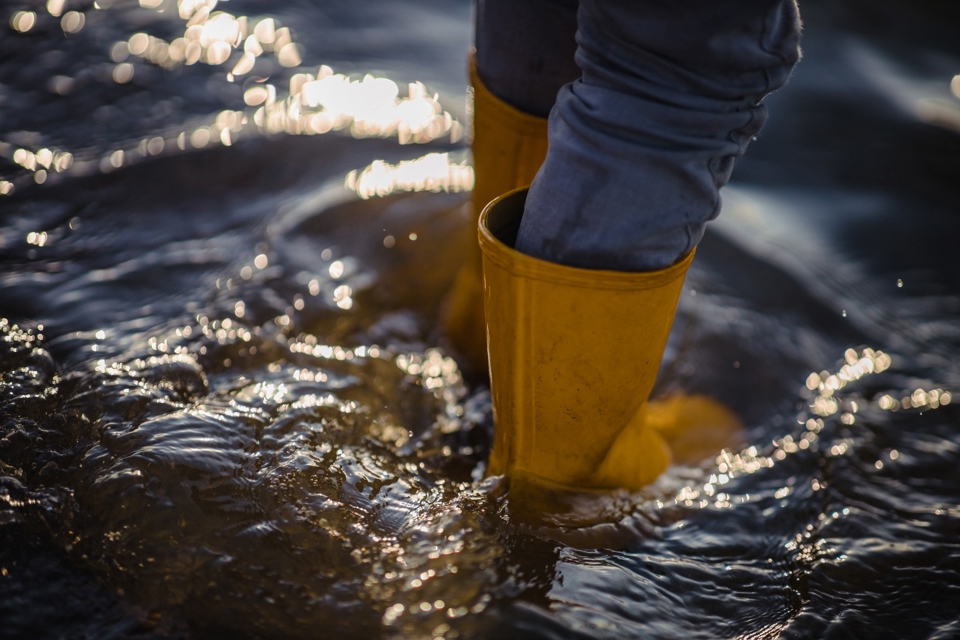How to Prepare for Hurricane Season in Texas for Next Year
Understanding the Risk
Texas is one of the most hurricane-prone states in the U.S., with coastal regions like Houston, Galveston, and Corpus Christi facing the highest risks. Hurricane season typically runs from June through November, with peak activity in August and September. Even inland cities can experience heavy rainfall, flash flooding, and power outages. Preparing ahead of time can minimize damage and help protect your home and family when severe weather strikes.
Review and Update Your Insurance Coverage
Before hurricane season begins, review your homeowners' insurance policy. Standard home insurance usually covers wind damage but excludes flooding, which requires a separate National Flood Insurance Program (NFIP) or private flood policy. Make sure your dwelling coverage limits reflect the current replacement cost of your home, and that your deductibles for wind or hurricane damage are affordable. Keep copies of your policy and contact information in both digital and printed form.
Strengthen and Protect Your Property
Preparing your property can greatly reduce storm damage. Inspect your roof for loose shingles and repair any weak spots. Install storm shutters or impact-resistant windows, and secure outdoor items like patio furniture and trash bins that could become projectiles in high winds. For homes in flood-prone areas, elevate HVAC systems, electrical outlets, and valuables above potential flood levels. Trim branches and trees to prevent them from falling on your property during strong winds.
Create an Emergency Plan and Supply Kit
Make a clear emergency plan for your family that includes meeting places, evacuation routes, and emergency contacts. Monitor weather alerts from trusted sources such as the National Hurricane Center or local emergency management offices. Make a hurricane supply kit with things like bottled water, non-perishable food, medicine, flashlights, batteries, first-aid supplies, and important papers. Having at least a three-day supply of necessities can make a major difference during extended outages.
Plan for Evacuation and Communication
Before a storm hits, familiarize yourself with the evacuation routes and zones in your area. During hurricane season, keep your car's gas tank at least halfway full and keep emergency supplies inside. Make sure everyone in the family knows how to get in touch with one another in case they are separated, and think about getting a battery bank or backup power source for your mobile devices.
Conclusion
Preparation is key to remaining safe during the Texas hurricane season. By securing your home, reviewing insurance coverage, and organizing an emergency plan early, you’ll be better equipped to face next year’s storms with confidence and protection.






